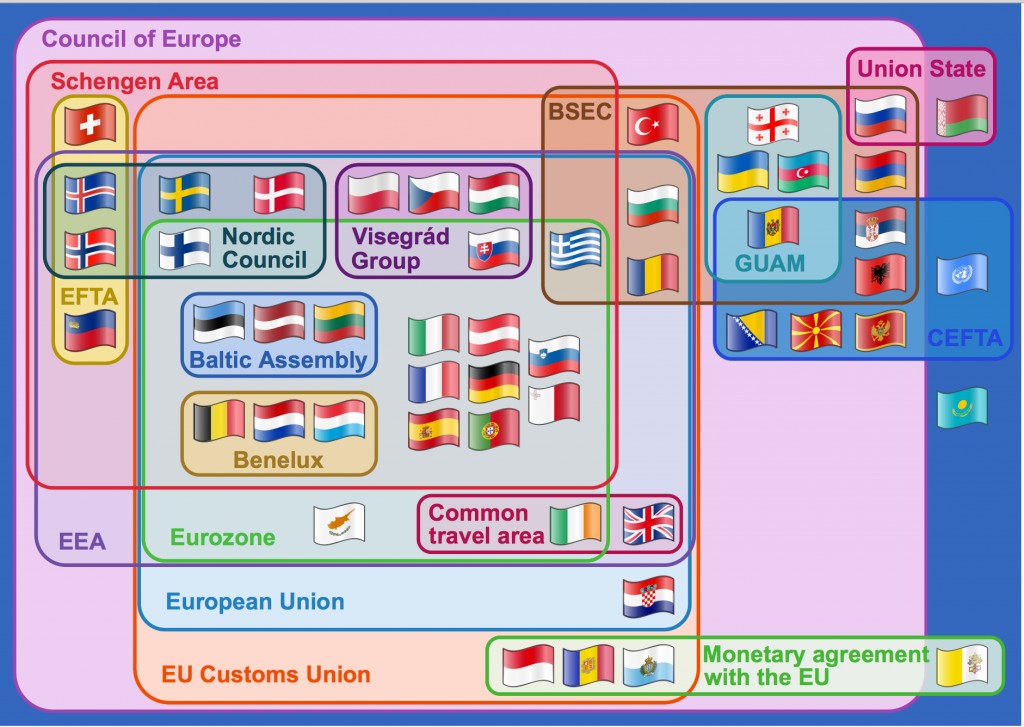Well, that was an interesting 24 hours. There has been a considerable amount of coverage, from the list of those who have already lost the most from the decision (‘Billionaires and the EU'[1]), to a very serious note from the Beaverton about the irony of a colonial power voting to leave a federation.
There was also some interesting articles about people who seemingly didn’t understand what they were voting for:
Not really understanding what the EU was:
Not really understanding that voting has an effect:
Some might say that this is essentially the purpose of democracy. That human beings are not going to pay attention and put themselves on the line to solve large problems until it becomes obvious that there is a problem disrupting their day to day life. What democracy offers them is an outlet for their frustration without resorting to violence. They may not always understand what they are voting for (why ‘Hope’ and ‘Change’ as simple messages are so effective), but they can tell when something is wrong[3].
As far as voting not having an effect, this could simply be because in a modern regulatory-captured democracy, it very often does not have any effect. Engaging with the system on a more personal and regular basis tends to have much more of an effect (especially if you have a few million dollars to throw around)[4]. It’s like the voter has been hitting the ‘something’s wrong’ button for years to no effect, so they hit it harder and harder, then finally something gives and they’re surprised.
Note that the Washington Post is a newspaper of the establishment, and another reading of the above is that the establishment is trying to prepare people for some kind of softening or repudiation of the referendum results by trying to convince them that they didn’t really mean it. (Most people will have conflicting emotions to some extent about a topic as large as this one, so they can probably identify with ‘I’m not sure exactly why I voted this way’ to a certain extent.)
There’s also some interesting in-depth analysis from the Guardian (I love the Guardian).
They mention that the % of residents with higher education was the best indicator that a riding would vote to remain, suggesting there was frustration and demagoguery at play here. Lower income, higher median age, and higher % born in the UK were all indicators of ‘Exit’, but that might be an effect/correlation with education levels.
(The most surprising to me was the existence of an official or semi-official ‘social grading system‘, grading people:
The classifications are based on the occupation of the head of the household.[1]
Grade Social class Chief income earner's occupation
A upper middle class Higher managerial, administrative or professional
B middle class Intermediate managerial, administrative or professional
C1 lower middle class Supervisory or clerical and junior managerial, administrative or professional
C2 skilled working class Skilled manual workers
D working class Semi-skilled and unskilled manual workers
E non working Casual or lowest grade workers, pensioners, and others who depend on the welfare state for their income
I had thought that ‘1984’ was making things up. This is a little too close for comfort. (Note that ‘1984’ was published in 1949, and the above system has been around ‘since the ’60’s’.)
Looking at the Canadian version, it feels less stark, but maybe that’s just because it has all of the job sub-categories hanging off the just-as-classist skeleton.
)
There’s an interesting commentary from Larry Summers: “Fortunately authorities do not seem overly fussed with moral hazard at a time when the preoccupation needs to be maintaining liquidity and orderly markets.”
(Before you read the above, you should read his bio. I’ll leave it up to you to decide what you think.)
But probably the most interesting analysis for me came from The New Yorker, talking about why the ‘Remain’ campaign lost the vote, concluding that fearmongering and an out-of-touch Conservative Prime Minister were what lost the campaign.
(There’s a lot of other good stuff in that article that you should read and digest, so we can talk about it below!)
[1]Note that they argue that the EU lost the most because the EU stock markets lost more than the FTSE (the most important London stock index). However, even though the FTSE only lost about 3%, the British Pound lost about 9%, bringing the FTSE in USD down about 10% on the day[2]. Note that the Euro also lost about 5% vs. the USD on the day, so the FTSE was about on par with the DAX (German stock index) on the day, worse than most of the rest, but faring better than Italy, Spain, and Greece.
[2]Amounts may not add/multiply due to different day ends, but you get the idea.
[3]Human decision making processes are fascinating. It would be interesting to see how much the voting changed throughout the day, as people are more or less sated from lunch, and have more or less decision-making neurochemicals remaining.
[4]In Canadian federal elections, this ‘votes not counting’ manifests itself as voters in downtown urban centers having no say in how many Conservative MPs are elected, which for many is the main purpose of voting. The converse could be true in Calgary, for example.



!["If it was nighttime, I could breathe fire like this!" [WOOSH]](http://nayrb.org/~blog/wp-content/uploads/2016/07/IMG_1322-e1467522851863-1024x768.jpg)

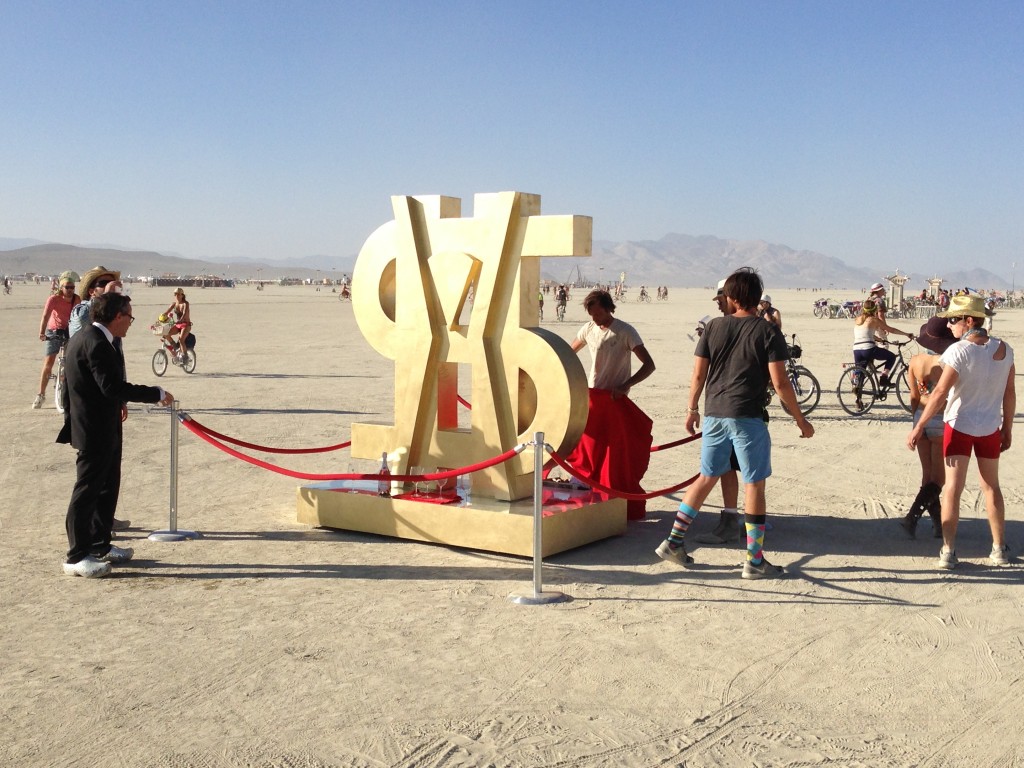
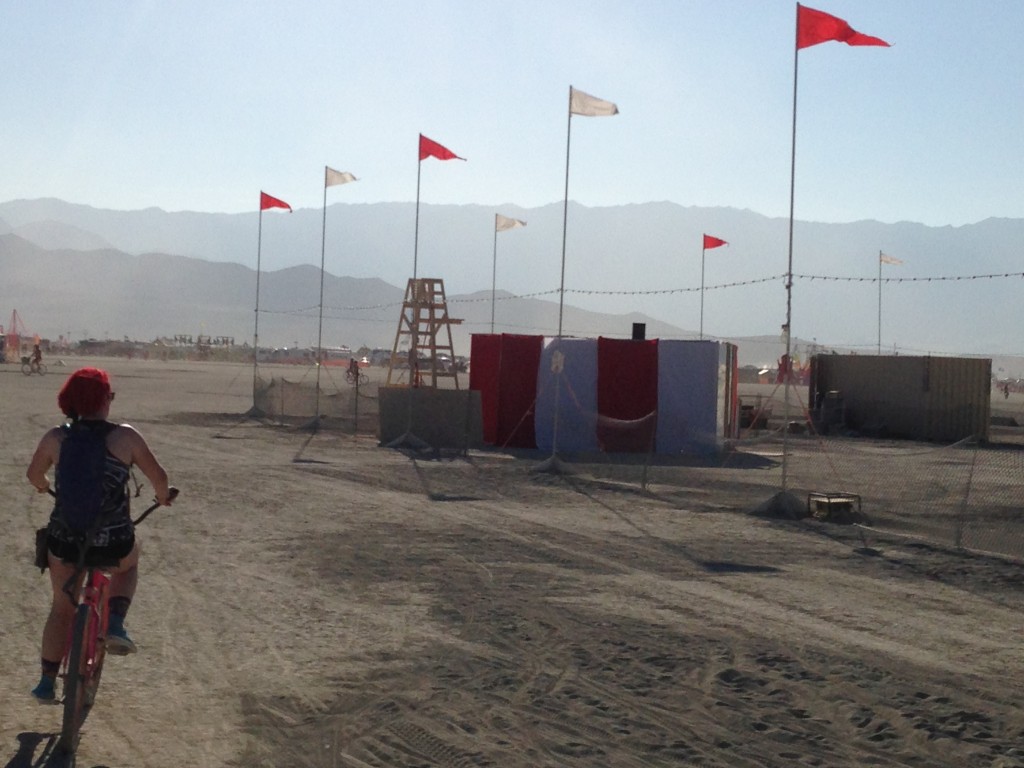



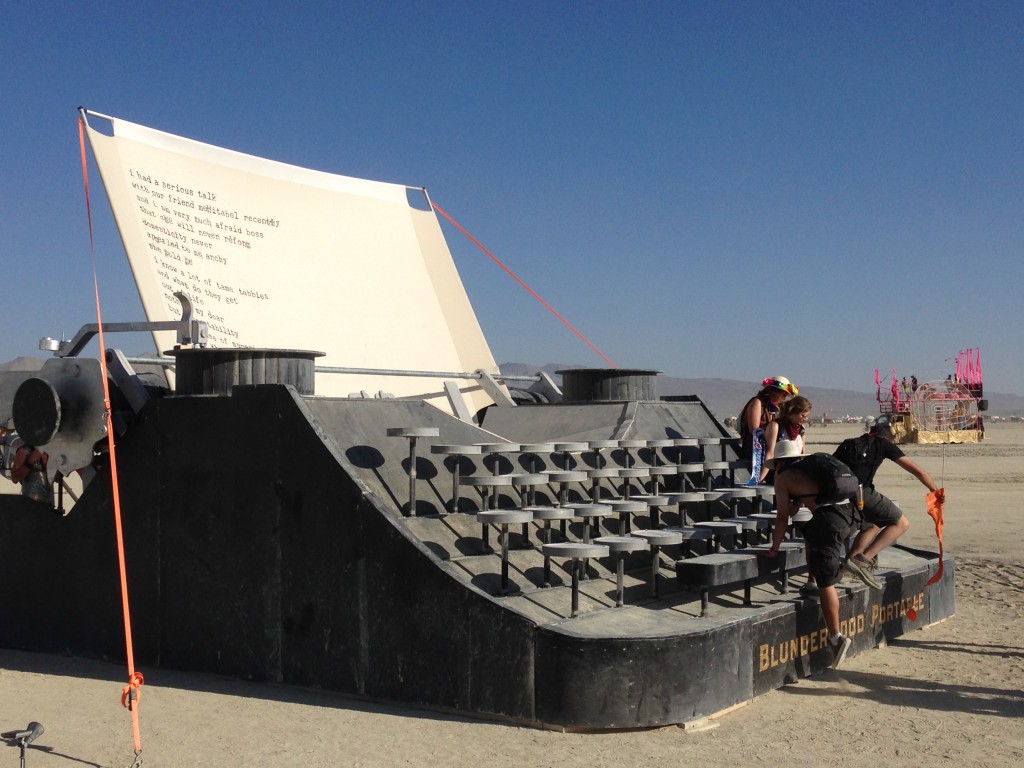

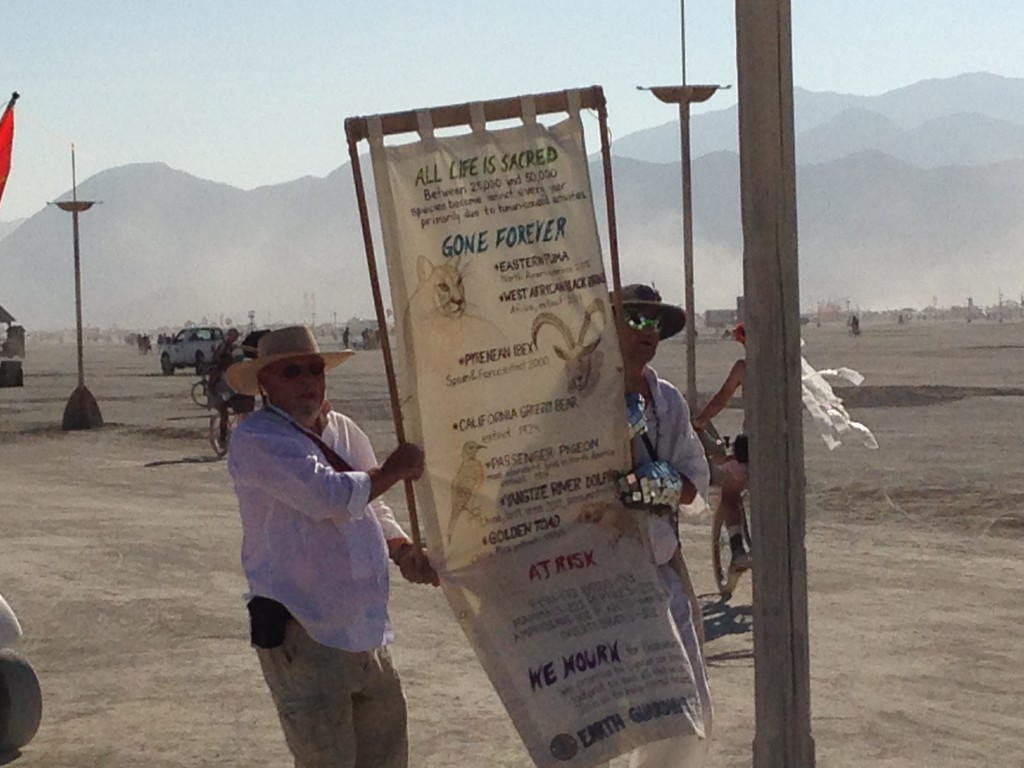

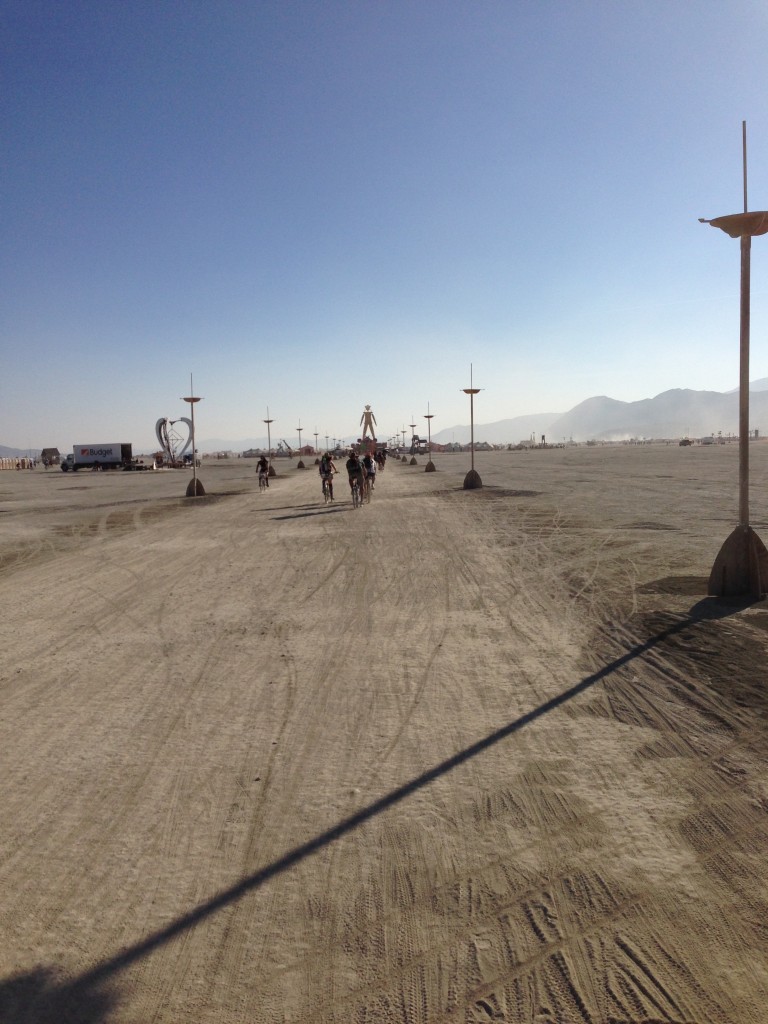

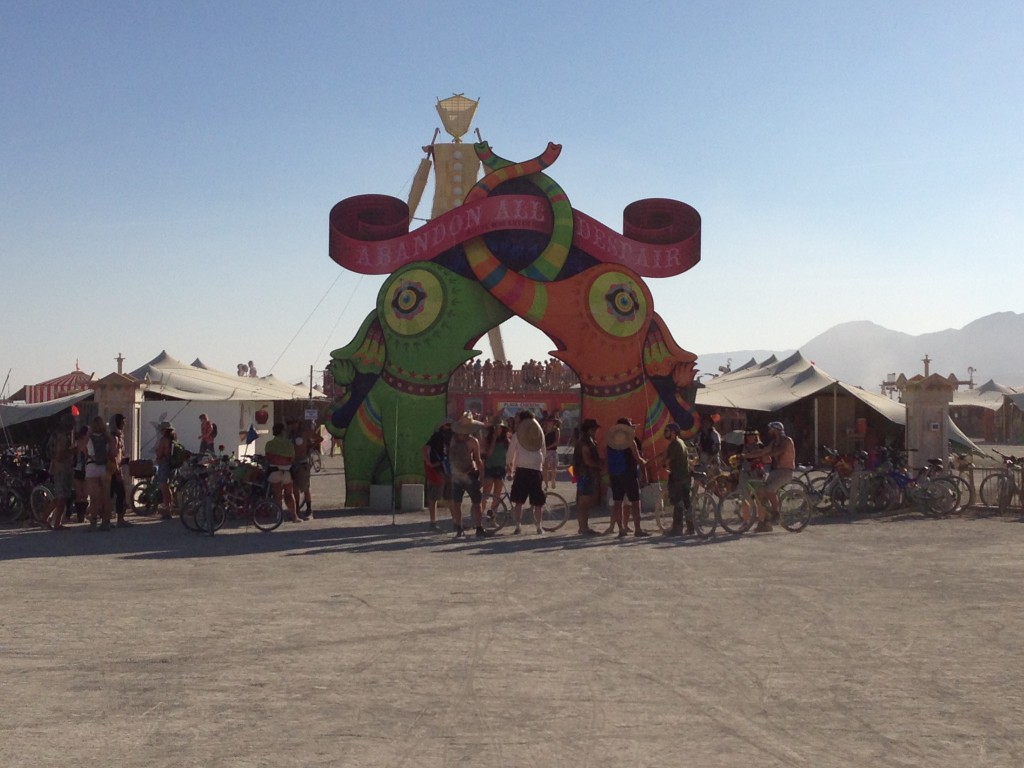

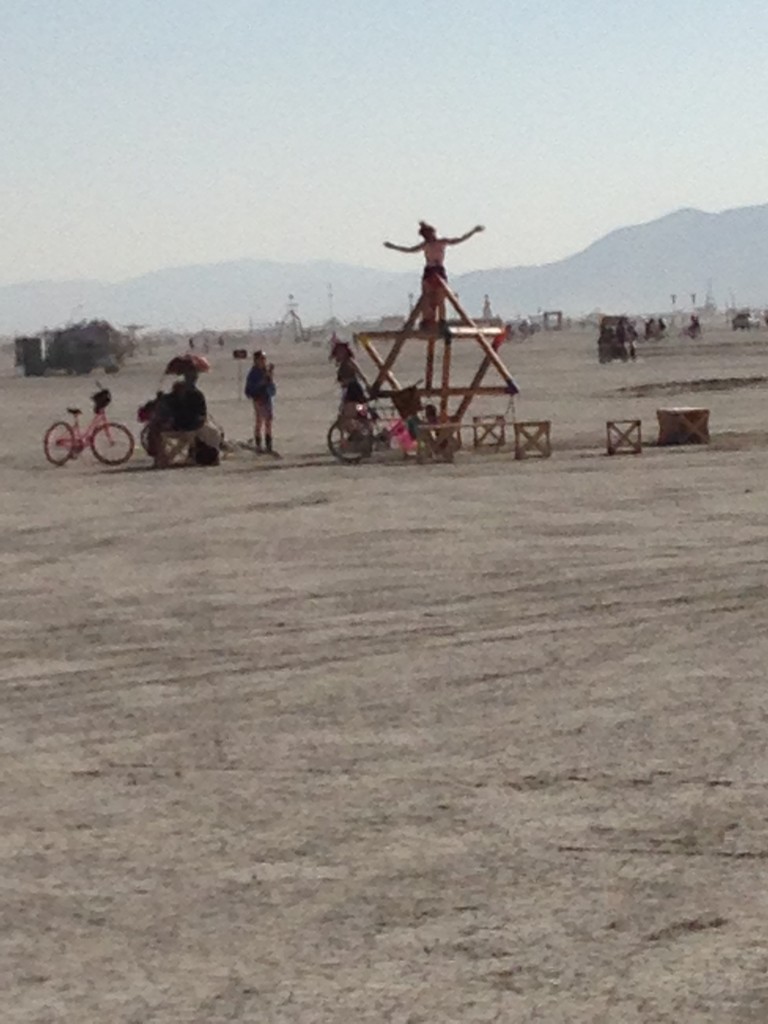




![AUGH! [incoherent noises]](http://nayrb.org/~blog/wp-content/uploads/2016/06/IMG_1282-copy-768x1024.jpg)





